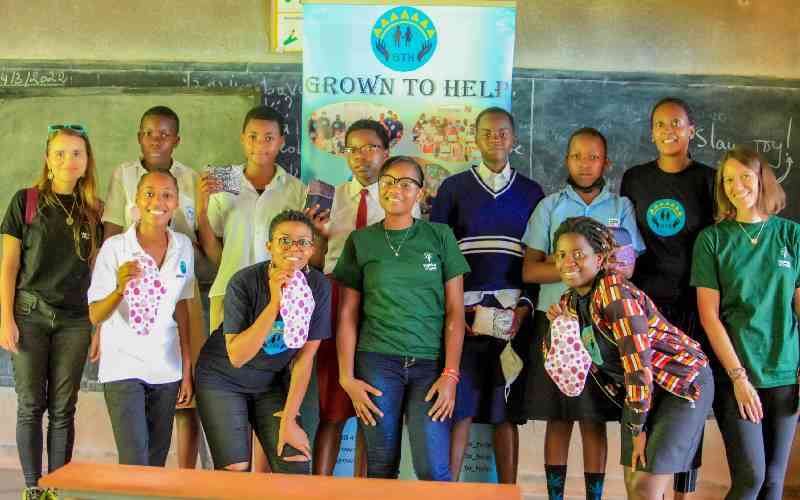×
The Standard e-Paper
Home To Bold Columnists

Social entrepreneurs start with an aspiration to create social value by addressing various social problems existing in societies. This aspiration, however, is independent of economic objectives as it can also aim to earn profit through an innovative business model.
The traditional conceptualisation associates social enterprises with philanthropy or non-profit ventures. The duality of this identity has remained a big problem for social enterprises.